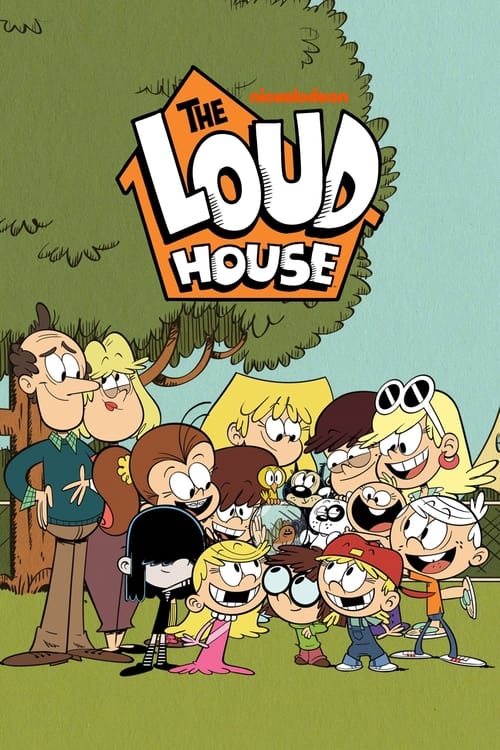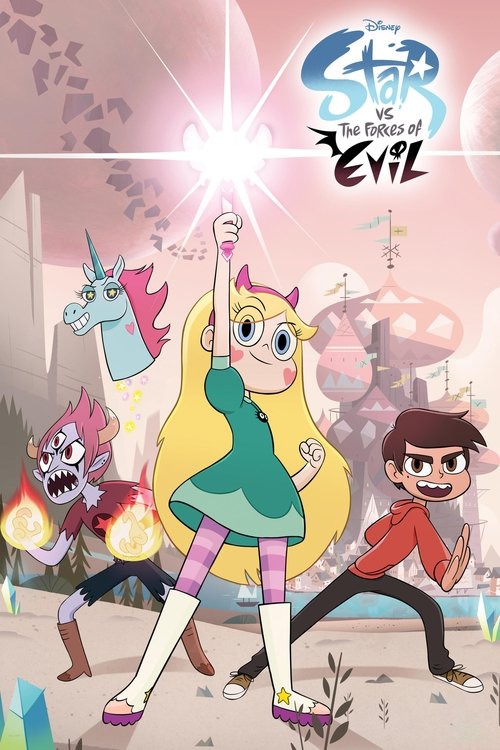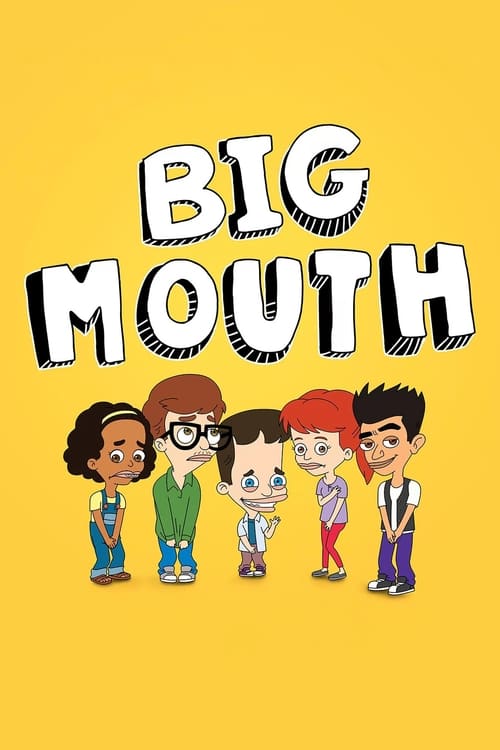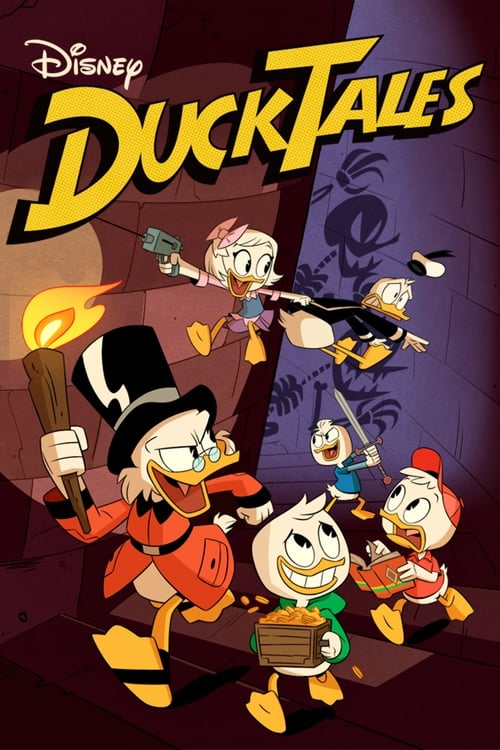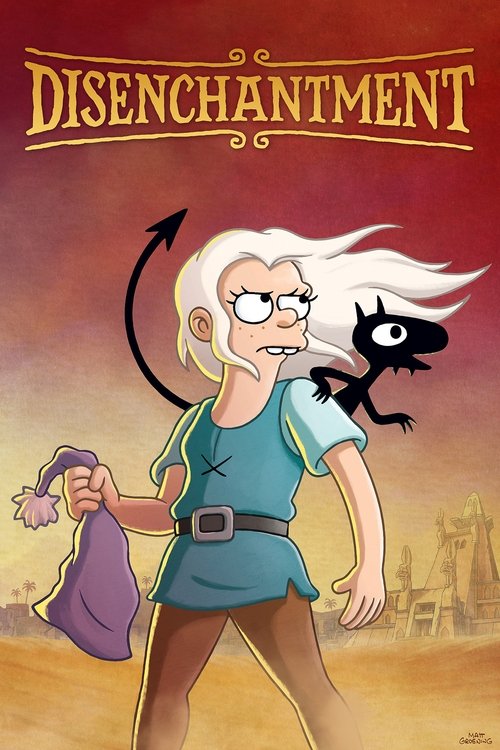
Ask Your Own Question
What is the plot?
Bluey and Bingo are playing in the living room when they notice their dad, Bandit, is in a bad mood. He is grumpy and short with them, which makes the girls feel uneasy. They try to engage him in their games, but he snaps at them, telling them to stop making noise. This reaction confuses Bluey and Bingo, as they are not used to seeing their dad in such a foul mood.
Feeling the tension, Bluey and Bingo decide to go outside to play. They attempt to distract themselves by playing a game of "Mums and Dads," where they take on the roles of parents. However, their fun is interrupted when they hear Bandit yelling from inside the house. The girls exchange worried glances, unsure of what to do. They decide to check on him, hoping to cheer him up.
When they enter the house, they find Bandit still in a bad mood, struggling to fix a broken toy. He expresses his frustration loudly, which only adds to the girls' concern. Bluey suggests they help him, but Bandit brushes them off, insisting he can handle it himself. This response makes Bluey feel rejected, and she starts to feel the weight of the situation.
Determined to help, Bluey and Bingo come up with a plan to cheer their dad up. They gather some of their toys and create a makeshift "cheer-up" station in the living room. They decorate it with drawings and colorful items, hoping to lift Bandit's spirits. When they present their idea to him, Bandit is initially uninterested, still caught up in his own frustrations.
As the girls continue to play and make noise, Bandit finally snaps again, raising his voice and telling them to be quiet. This outburst deeply affects Bluey, who feels hurt and confused by her dad's anger. She retreats to her room, feeling sad and unsure of how to handle the situation. Bingo follows her, trying to comfort her, but Bluey is too upset to respond.
After some time, Bandit realizes the impact of his behavior on his daughters. He reflects on how his bad mood has affected their playtime and decides to make amends. He approaches Bluey and Bingo, apologizing for his earlier outbursts. He explains that he was having a tough day and didn't mean to take it out on them.
Bluey, still feeling hurt, listens to her dad but struggles to fully forgive him. Bandit acknowledges her feelings and encourages her to express herself. This opens up a dialogue between them, allowing Bluey to share her feelings of confusion and sadness. Bandit reassures her that it's okay to feel upset and that he will try to do better.
The episode concludes with Bandit and the girls finding a way to reconnect. They engage in a new game together, where Bandit participates fully, showing his love and support for Bluey and Bingo. The atmosphere shifts from tension to joy, as they laugh and play, reinforcing their bond as a family.
What is the ending?
In the ending of "Bad Mood," Bluey learns to express her feelings and finds a way to manage her bad mood. After a series of misunderstandings and emotional turmoil, she reconciles with her family, particularly with Bingo, and they share a moment of connection and understanding.
As the episode unfolds towards its conclusion, Bluey is initially in a bad mood, feeling frustrated and upset. This mood affects her interactions with her family, particularly with Bingo, who is trying to engage with her. Bluey's bad mood leads to a series of conflicts, including a moment where she lashes out at Bingo, causing hurt feelings.
In the final scenes, Bluey's parents, Bandit and Chilli, help her navigate her emotions. They encourage her to talk about her feelings rather than bottling them up. This guidance allows Bluey to reflect on her behavior and understand the impact of her mood on those around her.
Eventually, Bluey approaches Bingo, apologizing for her earlier outburst. Bingo, who has been feeling sad and rejected, is receptive to Bluey's apology. The sisters share a heartfelt moment, where they express their love for each other, reinforcing their bond.
The episode concludes with Bluey feeling lighter and more at peace, having learned the importance of expressing her emotions and the value of family support. The final scene captures the warmth of their relationship, as they play together, showcasing the resolution of their earlier conflict and the joy of reconnecting.
In summary, Bluey's journey through her bad mood leads her to a deeper understanding of herself and her relationships, emphasizing the importance of communication and emotional expression within a family.
Is there a post-credit scene?
In the episode "Bad Mood" from season 2 of Bluey, there is no post-credit scene. The episode concludes without any additional content after the credits roll. The focus remains on the main storyline, which revolves around Bluey experiencing a bad mood and the interactions with her family as they navigate her feelings. The episode emphasizes themes of emotional understanding and support within the family, but it does not include any extra scenes or moments after the credits.
What causes Bluey to be in a bad mood in this episode?
In the episode 'Bad Mood', Bluey becomes upset after her dad, Bandit, refuses to play with her when she wants to play a game. This rejection triggers her bad mood, leading to a series of interactions where she struggles to manage her feelings.
How does Bandit try to help Bluey with her bad mood?
Bandit attempts to help Bluey by engaging her in different activities and games, trying to distract her from her bad mood. He uses humor and playfulness, but ultimately realizes that Bluey needs to express her feelings rather than just be distracted.
What role does Bingo play in Bluey's bad mood?
Bingo, Bluey's younger sister, plays a supportive role throughout the episode. She tries to cheer Bluey up and offers her comfort, but also feels the impact of Bluey's mood, showcasing the sibling dynamics and how they affect each other.
How does Bluey's bad mood affect her interactions with other characters?
Bluey's bad mood leads her to lash out at her family and friends, causing misunderstandings and tension. Her interactions become strained as she struggles to communicate her feelings, which highlights the challenges of dealing with emotions.
What lesson does Bluey learn by the end of the episode regarding her bad mood?
By the end of the episode, Bluey learns the importance of acknowledging and expressing her feelings rather than suppressing them. She understands that it's okay to feel upset and that talking about her emotions can help her feel better.
Is this family friendly?
In the episode "Bad Mood" from Bluey, season 2, there are a few moments that might be considered challenging for sensitive viewers, though the overall tone remains family-friendly.
-
Emotional Upset: The episode explores themes of frustration and bad moods, which may resonate with children who have experienced similar feelings. The portrayal of these emotions could be upsetting for some viewers.
-
Conflict Between Characters: There are scenes where characters express their displeasure and frustration towards one another, which might be uncomfortable for children who are sensitive to conflict.
-
Tension in Family Dynamics: The episode highlights the impact of a bad mood on family interactions, which could evoke feelings of discomfort for viewers who are sensitive to familial tension.
Overall, while the episode addresses real emotions and conflicts, it does so in a way that is ultimately constructive and relatable for children.




